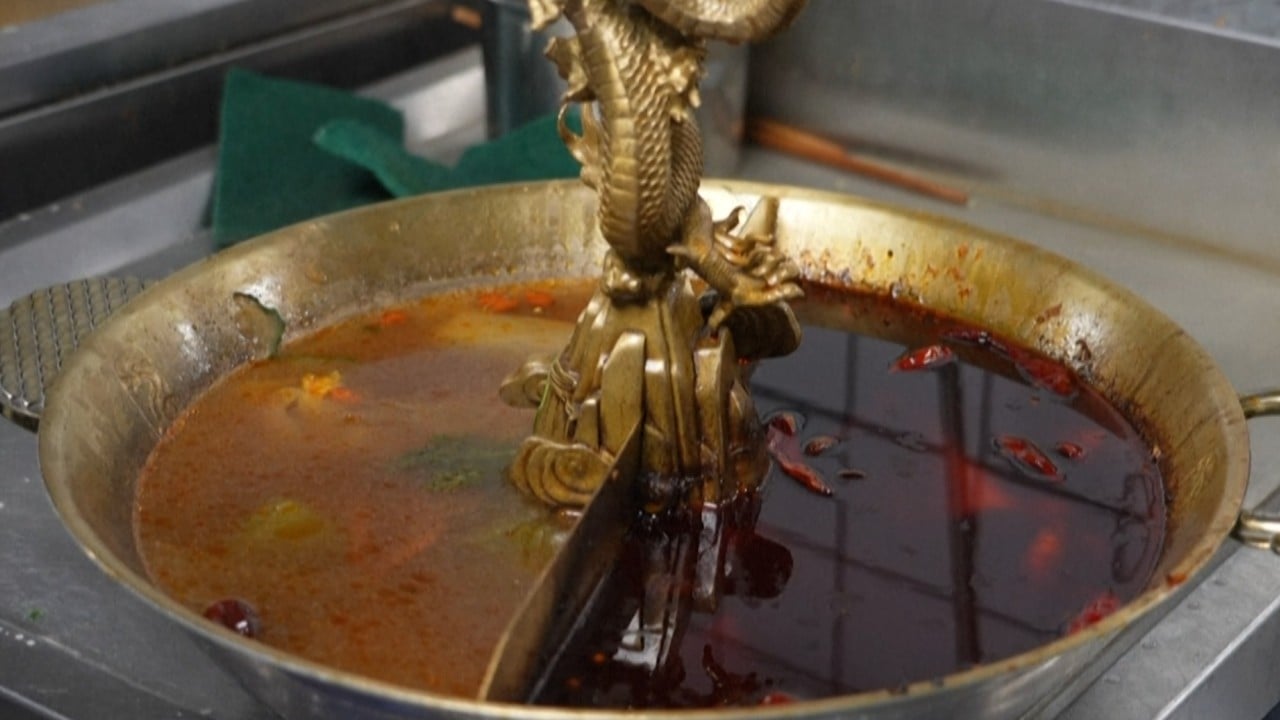
Hong Kong’s crackdown on rats must also deal with food waste
- One way District Councils can answer the government’s call to involve the community in eliminating rodent infestations is to help reform food waste management
- Getting the local food industry to embrace new technology that makes it easier to reduce or recycle food waste is an essential step in that process
Chief Secretary Eric Chan Kwok-ki has suggested that new District Council members prioritise work in five areas of community interest, including “fostering clean markets and mobilising the community to participate in anti-rodent work”.
What measures should the government consider implementing? Although reducing food waste will not be the only problem to be addressed when the new District Council term begins, the government should prioritise formulating comprehensive waste management policies.
This leads to the question of how different kinds of businesses dealing with food waste can be established to provide solutions tailored to the needs of each district. One example can be found on the outskirts of Las Vegas, where Las Vegas Livestock collects food waste from the city and turns it into pig feed on-site. The livestock raised on that feed can then be supplied to the local market.
Food waste is not a singular problem but rather one that reflects the issues of an entire waste recycling system. Instead of standardising the scale of food waste processing plants, there should be processing plants of varying sizes in each district, or even further subdivided into smaller communities based on their respective population.

Collecting food waste from public housing estates under the Housing Department could create significant business opportunities. Such a programme could involve the engineering, design and environmental science-related departments of local universities as well as tech start-ups at Science Park and Cyberport.
Eradicating rodent infestations should become a focus as Hong Kong tries to improve its recycling and handling of food waste. More importantly, it will also help strengthen the economic development of the entire Hong Kong food industry.
Dealing with rodents requires reforming the entire ecosystem around recycling and food waste. Rather than waiting for problems to arise, District Councils should be proactive on issues such as these and promote community development, bolster the economy and improve people’s lives by introducing new technologies.
Mathias Woo is co-artistic director and executive director of Zuni Icosahedron


